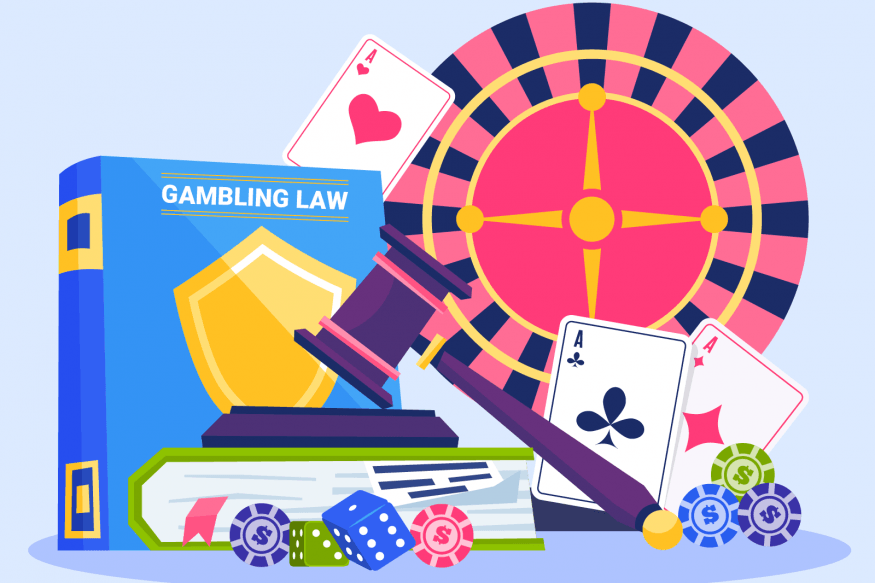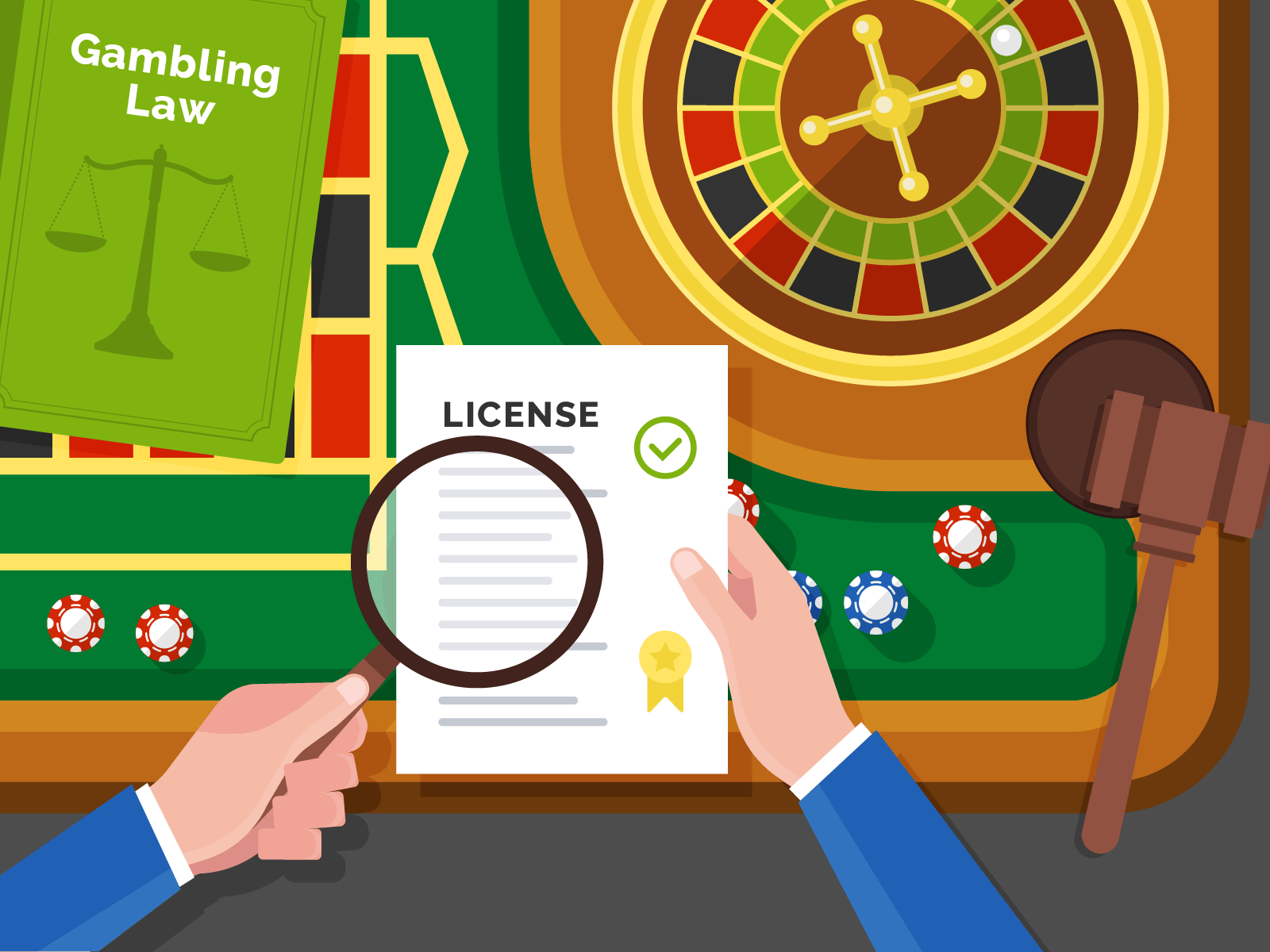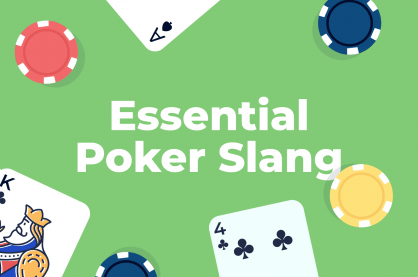What Are The Benefits Of Legalized Gambling?

Gambling is sort of like Marmite. There’s that love/hate quality to it that really divides people, not least governments.
For many who don’t have any time for gambling they believe that it should be illegal and, earlier this year in the UK, MPs called for a review in how gambling is treated by the law.
But where’s the logic in that?
No matter where you fall in the debate there’s no denying that legal or not, gambling would still find a way into people’s basements. May as well boost the economy with it and keep it within regulated and safe parameters, right?
A Regulated Industry Helps Protect Gamblers
It cannot be stressed enough, but people’s safety and security should always be a priority. As we’ve discussed, gambling is a divisive topic, but it’s absolutely going to happen whether it’s legal or not.
When humans are forbidden from doing something, it only makes them want it more. And if the law won’t allow that in a regulated fashion, mobsters will be very happy to offer up their services.
By forcing people to go underground for these activities, you push them into the hands of criminals – and that’s where the real dangers arise. People could be scammed out of their life savings and there’d be nothing in place to protect them from that.
With access to a regulated online gambling market and legitimate brick-and-mortar casinos, players are protected.
It’s easy to find a licensed casino and play safe in the knowledge that your money isn’t going to be hauled off by some gang.
When the market is regulated, it allows trusted casinos to emerge and attract more players.
Any competition is forced to follow suit, meaning the big players in the industry are law-abiding and dependable.
Countries Can Benefit From Casino Tax
The revenue that can be earned from taxing casinos is HUGE!
This in itself makes legalizing gambling a no-brainer. It’s a pretty little cash cow for any government.
It’s a well-known fact that the house always wins and when you look at those mega casinos, you know they’re generating a lot of money. Many economies experience a significant boost from casinos paying tax on their gross gaming revenue (GGR).
Each country’s gambling taxes and GGR system varies, but it’s always a percentage of the net profit.
In France GGR can be as high as 83.5 percent! In gambling mecca Macau it’s much lower at 39 percent and the UK falls in the middle at 50 percent.
Governments find it tricky to set these tax rates as they don’t want to put off new business, but equally they want to get in on the profit that can be made.
Russia, bizarrely, doesn’t tax the casinos at all. So if you want to open up a casino, that could be the place to go.
As well as the tax the economy benefits from, the jobs provided can be colossal too. As an example, in 2018 in the state of Nevada, the gambling industry provided employment to 166,741 people.
Casinos Help The Tourism Industry
People all over the world flock to gambling havens like Las Vegas and Macau every year in their millions.
Amazing casino comps attract high rollers from around the world, who end up pumping a lot of money into the economy. And it’s not just the whales who make a difference, either.
Gambling destinations attract all sorts of folk, from families on vacations to bachelor/bachelorette parties and wedding-goers.
The rise of casino tourism in places like Cambodia, Singapore, and the Philippines is really proving to be a big boost for industry too, not to mention cruise ship gambling too.
Where the casinos don’t have restaurants on site they draw masses of tourists to local eateries and shops giving the surrounding businesses a big boom.
Furthermore, it could be argued that casino tourism boosts diversity. A report by ftn News explains how in Australia, for example, many high rollers from China come and play and in a bid to make them feel more at home, casinos are employing more mandarin-speakers, or people from Mandarin-speaking countries to work as dealers and hosts.
What About Gambling Addiction?
Like every coin, there are always two sides – and gambling is no exception.
The problem around addiction to the thrill is a very real issue, sadly affecting millions of people.
Would this addiction disappear if gambling were made illegal? It’s extremely unlikely.
With the on-going discussion about the decriminalisation of drugs, it’s clear that the law will never get in the way of the vice and its user.
At least with a regulated market there are funds available to deal with people needing help. Where something is illegal, an addict often finds themself marginalized from society, unable to seek out the support they need.
In Delaware, for example, the state provides free counselling to anyone having difficulties, a service they’re able to provide from the millions of dollars generated by the gaming industry.
And in the state of New Jersey, problem gamblers and their concerned loved ones can use a free text service. Available 24/7, the service offers support and advice and has been shown to have a positive impact on curbing suicide rates associated with the addiction.
As well as various support systems outside of the casinos on hand to help, with a regulated industry there are systems in place for players to limit play.
In the UK there’s always the option to self-exclude whereby you essentially drop out of playing for six months.
Self-exclusion is ideal for players who’re worried they’re spending too much time or money on gambling and need to take a break. Whilst the onus is on the player to keep that promise and steer clear of gambling sites and offline venues, casinos should make it hard for you to come back within the timeframe.
Once you’ve made the self-exclusion agreement, your account with a gambling establishment will be closed down and any outstanding money will be returned to you.
It’s also possible for this to apply to all memberships of the area, saving you the effort of contacting each casino individually.
Keeping The Balance

So what’s to be done?
It’s clear that gaming benefits the economy but gambling addiction isn’t going anywhere.
Many people are calling on casinos to do more to protect players. It’s estimated that in the UK alone as many as two million people have a gambling problem and 21 percent of players admit that they gamble more than they can afford.
The Gambling Commission is proposing a cap on monthly losses of £100. Another suggestion is to curb players’ bonuses after an hour of playtime.
Both these measures would severely reduce the risk of financial ruin a lot of people end up facing.
If these measures, and more like it, should be implemented it could prove to be the safety net needed to keep this otherwise fruitful business as a positive addition to any country’s entertainment.
However, with the UK taking steps to limit how much players can wager on sports, Playtech sponsor Jason Ader reveals in an interview with Casino.org the threat of gamblers turning to offshore sites to make bigger bets.
Whilst there need to be measures in place, they can’t be so extreme as to push people into unregulated and dangerous territory.
Without regulation, players are at risk of fraud, and the economy can’t benefit from the enormous financial rewards.
As the old saying goes, if you can’t beat ‘em, join ‘em.
And like it or not, casinos and gambling will go on with or without the law’s green light. Best to find a way that makes it as safe as possible then.


